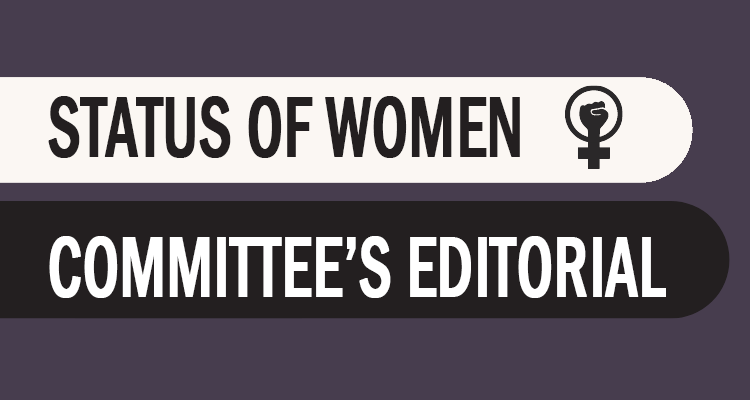
Racism and its daily impact
The definition of racism is very clear: The theory of a racial hierarchy that concludes the necessity to preserve a supposed superior race from any crossing, and to uphold its right to dominate others (unofficial translation). Indeed, in some schools of thought, human beings differ according to what race they belong to. Based on that reasoning, if they are different, then they don’t all have the same needs, and in turn, not the same rights. A system was set up based on this logic in which the rights of some supposedly “superior” humans take precedence over the rights of others. Hence, it is justified to use certain measures, such as economic exploitation, racial segregation, physical and psychological violence, etc., to ensure dominance based on racial criteria.
As a child, racism never came up as a topic of discussion, not even with my family or friends. Moreover, we, the children in my family, weren’t even aware of the term or what it referred to. Occasionally, we would see a few families with white skin walking in the streets of Carrefour in Port-au-Prince. We were amazed every time because it was uncommon to see them go by our home.
When my parents decided to immigrate to Canada, we had no idea we were saying goodbye to our peers. We really didn’t understand that we wouldn’t be able to see or hold the people we held so dear again! We were such innocent and naive children. For us, this trip would completely change our lives, harshly opening our eyes to several realities in this developed country and signalling the end of the pleasant life we once knew.
Now, I can see that from my very first contact with the Canadian community, and still today, in certain moments I have known what it’s like to experience racism. Whether it’s in daily activities or at work or school, racialized people are constantly living with the effects of racism. However, what surprises me the most is when it happens in labour organizations. Who would have thought that in the midst of an association that defends rights and working conditions there would be individuals who perpetrate injustice from elsewhere in society? Unfortunately, these environments are not the exception.
Whether consciously or unconsciously, people insidiously perpetuate racism within unions, like in other parts of society. However, each time, I make the choice to use these people’s intentions in a positive way so that I come out stronger, better, and make good use of these experiences. So, when colleagues decide to make certain comments about me, whether to my face or behind my back, I make sure it doesn’t break me down. On the contrary! I turn their words into motivation to strengthen my resilience when faced with what I cannot control.
That said, it is the unions’ duty to work to end violence experienced or perpetrated by members. Furthermore, if we truly want to achieve gender equality, then women must be equal among themselves. That means feminists cannot ignore the other systems of oppression that create a hierarchy among us.
At the FIQ, we have collectively become aware of the biases and discrimination that unfortunately exist in the health network. The organization and its union reps have engaged in a major reflection. We have been offered training on racism in society and among healthcare professionals and each time it’s a learning experience. All of these actions have led somewhere, including to the adoption of Joyce’s Principle at the last convention. An ad hoc anti-racism committee has also been set up. On that topic, if you are interested in being on it, please contact your local team.
In conclusion, we must admit that racism is an omnipresent societal issue, even in labour organizations. As an individual, if you would like to do your part, why not start the conversation to meet with people? You may find it enriching and mind expanding.
An account from a young healthcare professional on the FIQ-FIQP Status of Women Committee,
Ridza Cléophat